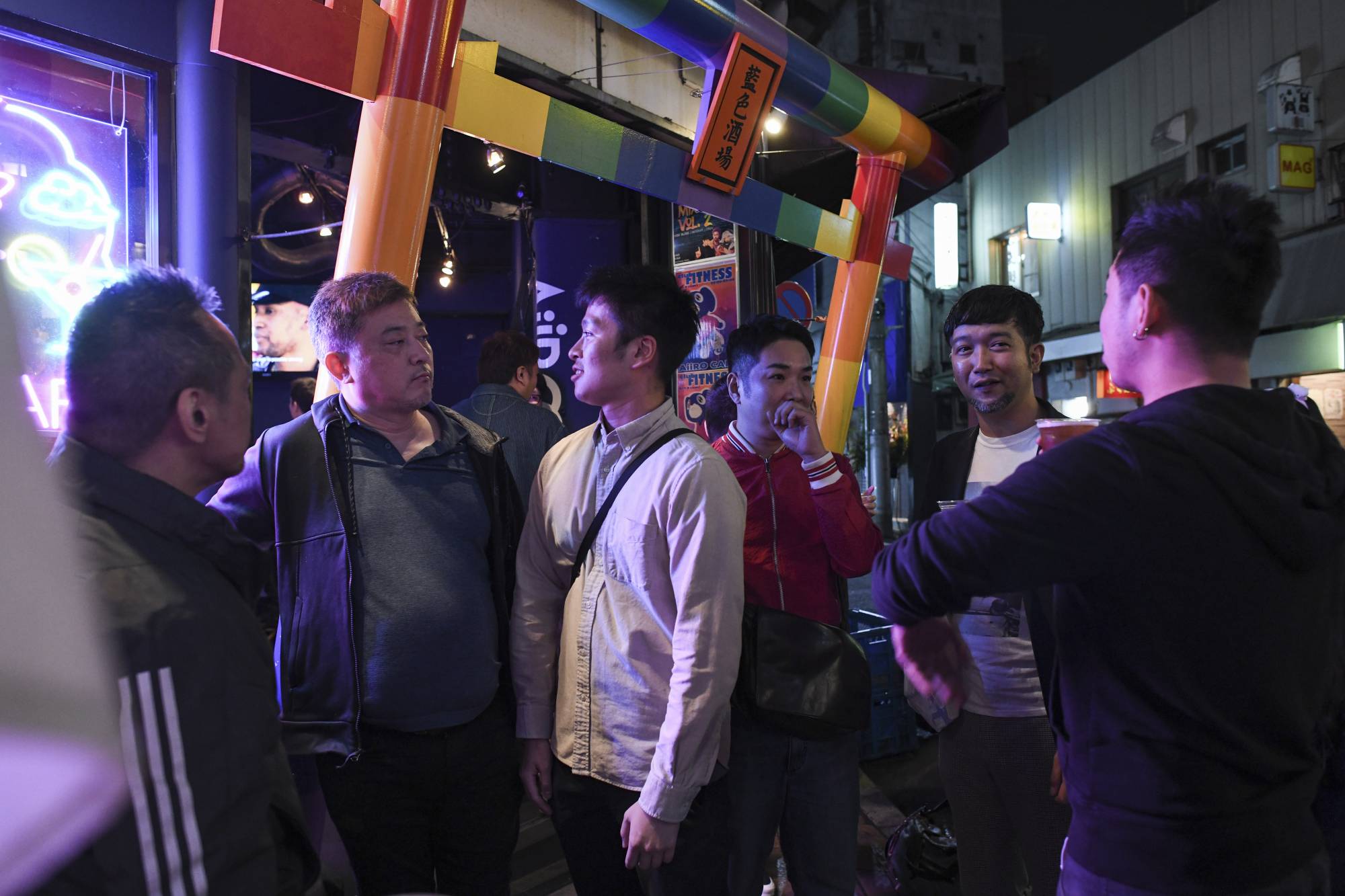To millions of Japanese, the Shinto faith is not so much a spiritual practice as a cultural one. Every January, crowds gather at shrines to pray for good fortune for the new year. Families take their children to celebrate rites of passage, and many seek blessings for luck in romance, school entrance exams or job interviews.
Few regard these rituals as being tethered to any fixed doctrine — Shintoism, an indigenous religion, has no official dogma or scripture. But unbeknown to most in largely secular Japan, a national Shinto association has tried to spread a conservative ideological message among lawmakers, including on gay and transgender rights.
Japan is the only nation in the Group of Seven that has not legalized same-sex unions, and foreign ambassadors have pushed the country to support equality more forcefully in the run-up to a summit in Hiroshima starting later this week. Polls show overwhelming support for same-sex marriage in Japan; one of the country’s most influential business leaders recently called it "embarrassing” that Japan has not sanctioned the unions.



















With your current subscription plan you can comment on stories. However, before writing your first comment, please create a display name in the Profile section of your subscriber account page.